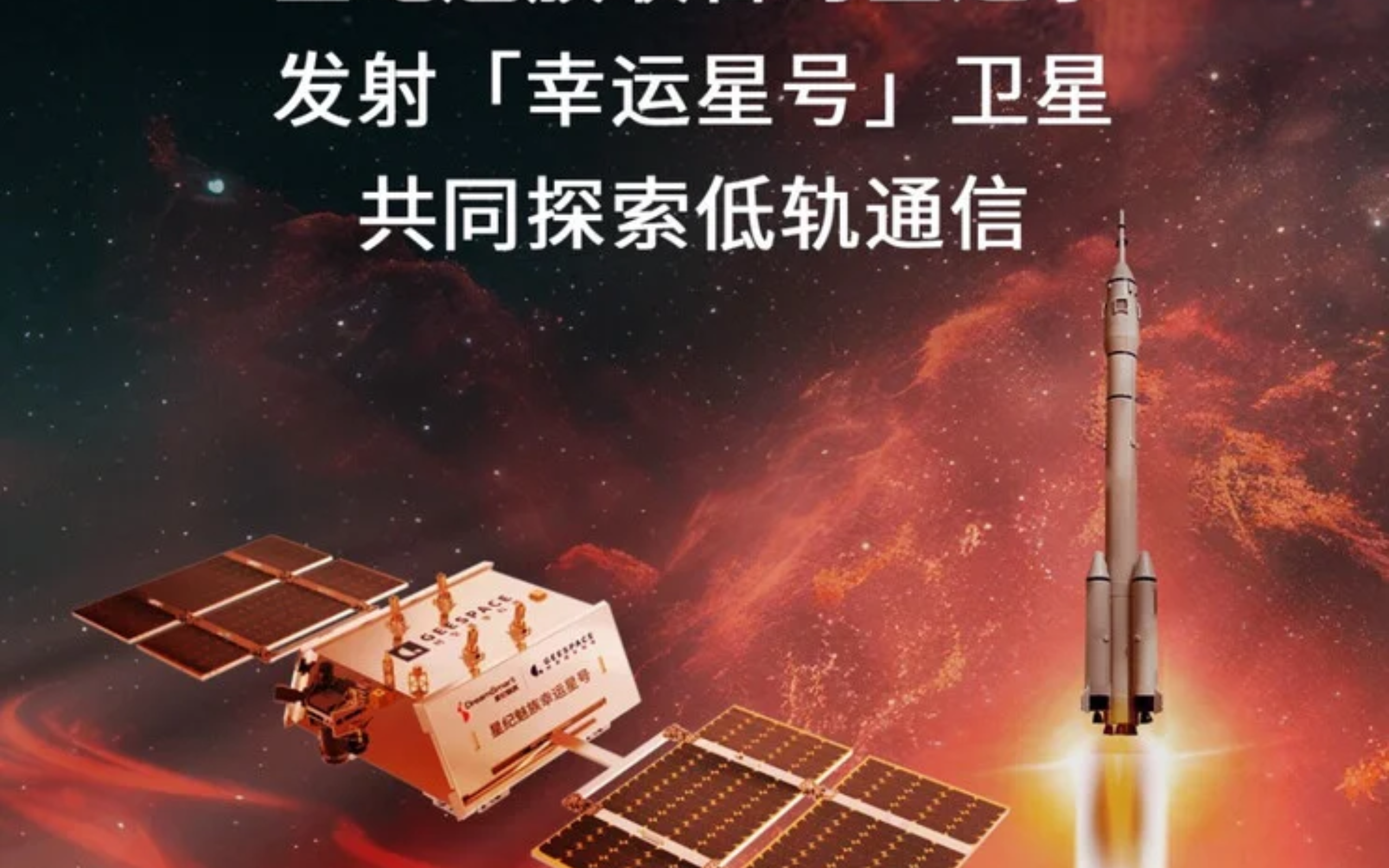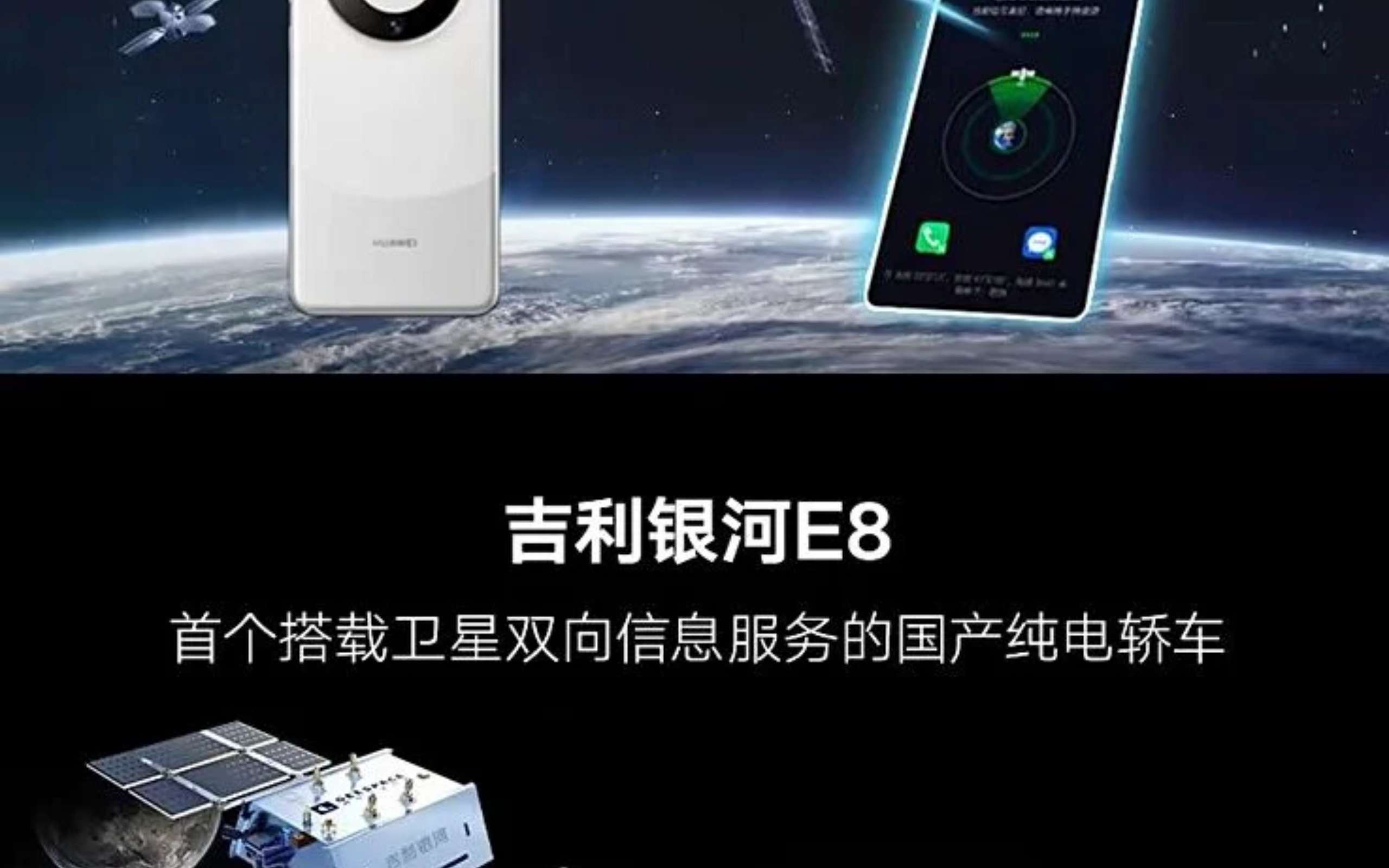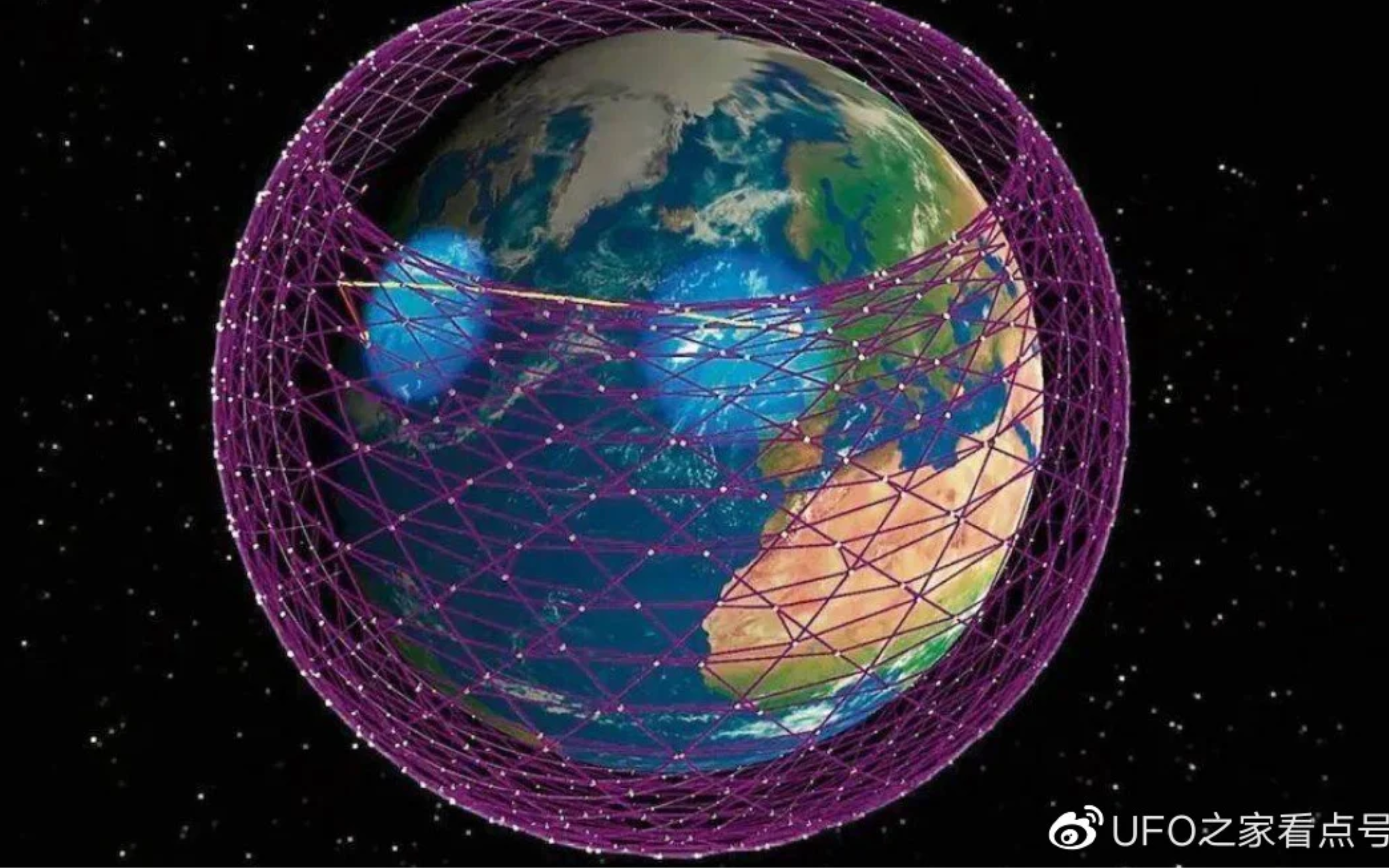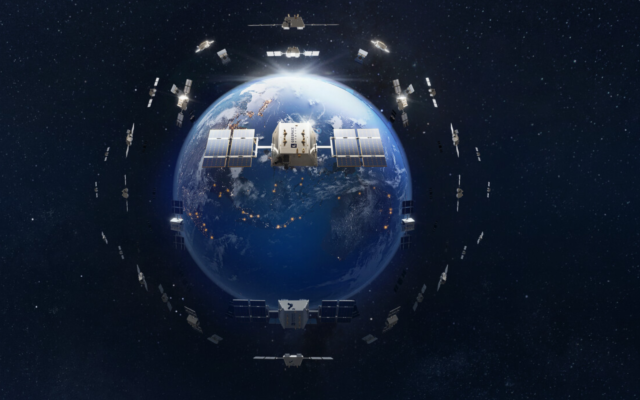Xingji Meizu, Geely, Huawei...
Starlink, Kuiper, OneWeb… These Names Might Sound Familiar. But Have You Heard of Lucky Star, G60, or Guowang? Welcome to the New Space Race 2.0, Where China Is Set to Make Its Mark.
Thought the Space Race Was Over? Think Again!
A new battle is currently unfolding, a few hundred kilometers above our heads. And this time, it’s not astronauts that are at stake, but thousands of small satellites. The goal? To create a global internet network that is accessible everywhere, all the time. While projects like SpaceX’s Starlink and Amazon’s Kuiper are making headlines in the West, China is also making its mark. And believe me, its ambitions are truly… stratospheric (did you get that?)!
Just imagine: you’re driving your car in the middle of the Gobi Desert (why not?). Not a cell tower in sight. Yet, your GPS works perfectly, you can stream your favorite music, and even make a video call if you feel like it. Science fiction? Not at all! This is the future that Chinese tech giants are promising with their satellite constellation projects.
From Smartphones to Cars: Total Connectivity
Take the example of Xingji Meizu. Known for its smartphones, this company has teamed up with Spacetime Daoyu to launch the “Lucky Star” satellite. But that’s just the beginning! Their “Star Wish Plan” includes no less than 72 satellites for the first phase. The goal? To cover the entire world and provide real-time information to users.

But Xingji Meizu Isn’t Alone in This Race. Geely, the automotive giant (owner of Volvo among other brands), has already launched 20 satellites spread across two orbital planes. These technological satellites are intended to enhance autonomous driving and smart networks. And guess who their partners are? None other than Huawei and Honor.
in fact, the Huawei Mate 60 Pro and the Honor Magic 6 already include satellite connectivity, as does Geely’s Galaxy E8 car.

One might think that these projects are just marketing stunts or gadgets to attract attention. But think again: it’s a real strategic challenge for China. The Chinese government itself has a project called Guowang, which plans for no less than 13,000 satellites. That’s nearly as many as Starlink, Elon Musk’s project. And this is just the tip of the iceberg: other projects like G60 (renamed Qianfen) and GalaxySpace are also in the pipeline.

But What’s the Point?
Beyond security, these satellite constellations promise truly global connectivity. This means high-speed internet access everywhere on the planet, including the most isolated regions. This ubiquitous connectivity will have profound implications in many areas.
First, consider autonomous driving. Autonomous vehicles rely heavily on real-time data to navigate safely. With satellite connectivity, these vehicles could receive constant updates on traffic conditions, weather, and even communicate with each other, even in rural areas where 5G coverage is nonexistent. This would enable wider and safer adoption of autonomous driving technology.
This omnipresent connectivity also paves the way for more sophisticated distributed artificial intelligence. We can imagine virtual assistants capable of instantly accessing massive databases stored in the cloud, no matter where you are. This could revolutionize areas like real-time translation, on-site data analysis, and remote medical assistance.
The Internet of Things (IoT) could also take on a truly global dimension thanks to these constellations. They will enable the connection of billions of IoT devices, even in remote locations. This will open new possibilities for precision agriculture, environmental monitoring, and global natural resource management. We could see sensors in the Amazon rainforest communicating in real time with climate change research centers.
And What About Traffic Jams?
All this obviously raises many questions. First, space is not infinite (well, it is, but not low Earth orbit). With all these projects, one might reasonably wonder if we’re not at risk of creating traffic jams up there! This is what’s known in jargon as “space debris.”
A satellite that malfunctions and becomes an uncontrollable projectile at 28,000 km/h and weighs 150 kg… not very reassuring, right? This is becoming quite common, as was the case in France this summer.
There’s Also the Privacy Concern.
Having access to the internet everywhere is fantastic. But the idea of being potentially locatable anywhere on the planet can be a bit unsettling. Especially when you consider that these projects are closely tied to governments. The Guowang project, for example, is clearly presented as having strategic rather than commercial objectives.












